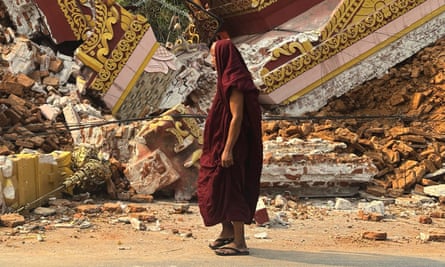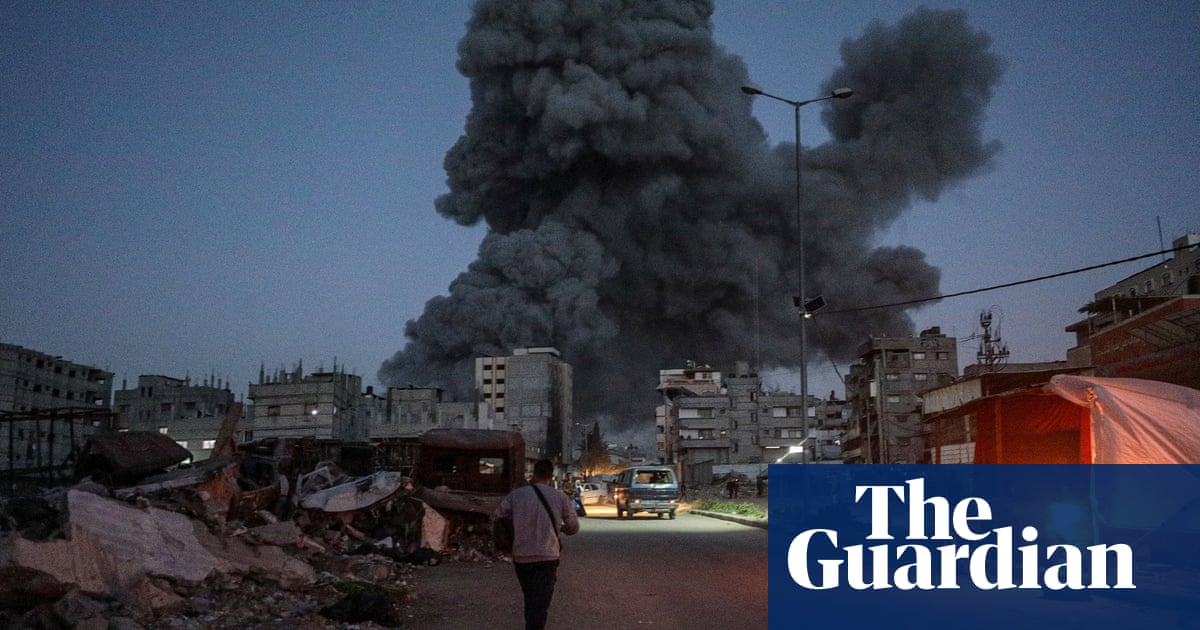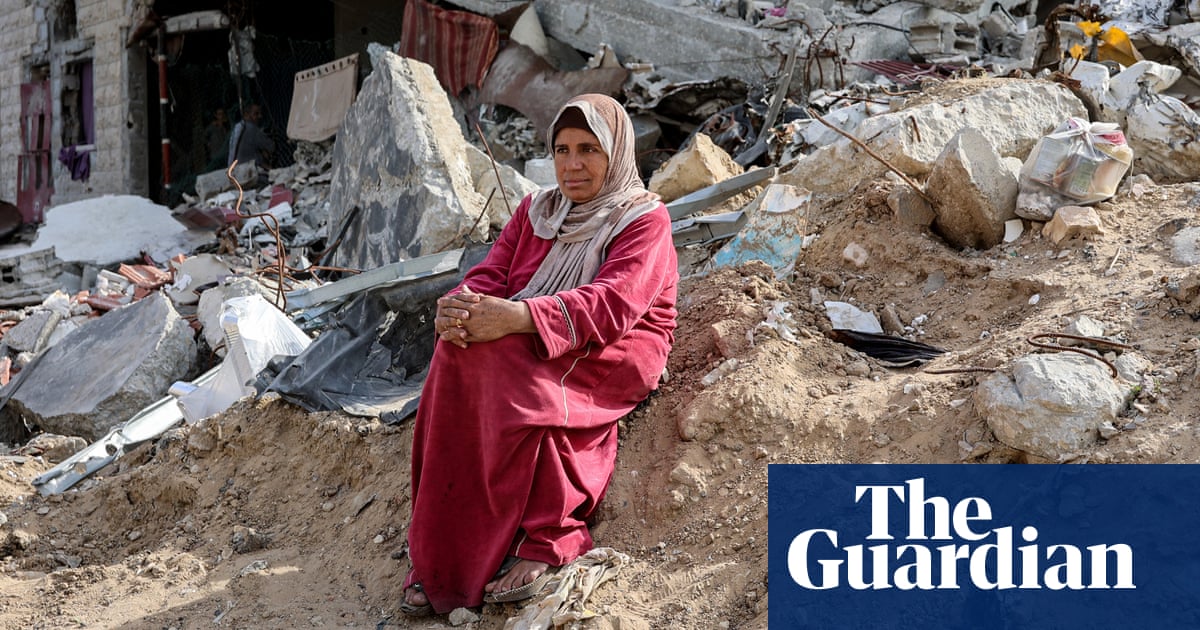“It took around four to five minutes for the earthquake to shake and then it stopped and shook again. It is the most severe earthquake I have experienced in my life.”
Esther J is a reporter based in Bangkok, Thailand, more than 600 miles (966km) away from her home country of Myanmar – the epicentre of last week’s 7.7 magnitude earthquake.
Described by the Red Cross as causing a level of devastation that “hasn’t been seen in over a century in Asia”, the earthquake has killed at least 3,000 people in Myanmar with the figure expected to rise.
Esther has been speaking to survivors who have described relatives trapped under the rubble and worshippers crushed during Friday prayers – but she has been unable to report from the country itself because of the military junta that remains in power.
“The apartment I used to live in before the coup was already raided by the military and also my bank account was frozen. It’s not safe for me to go inside Myanmar.”
Rebecca Ratcliffe, the Guardian’s south-east Asia correspondent, tells Hannah Moore that four years of military rule and civil war had already left Myanmar in crisis before the disaster. Food insecurity was rife and healthcare systems had been devastated. And yet despite this, she describes how the military has been conducting airstrikes during the relief efforts and blocking the movement of some international aid.
In the last year, the military has suffered a number of battlefield defeats and its power is now greatly diminished, reportedly controlling only a fifth of the country. While some opposition groups believe that the fall of the junta is inevitable, after calling for a ceasefire on Wednesday night, Rebecca explains that the regime may be trying to turn the tide and improve relations with its most significant supporter, China.


 19 hours ago
5
19 hours ago
5













































